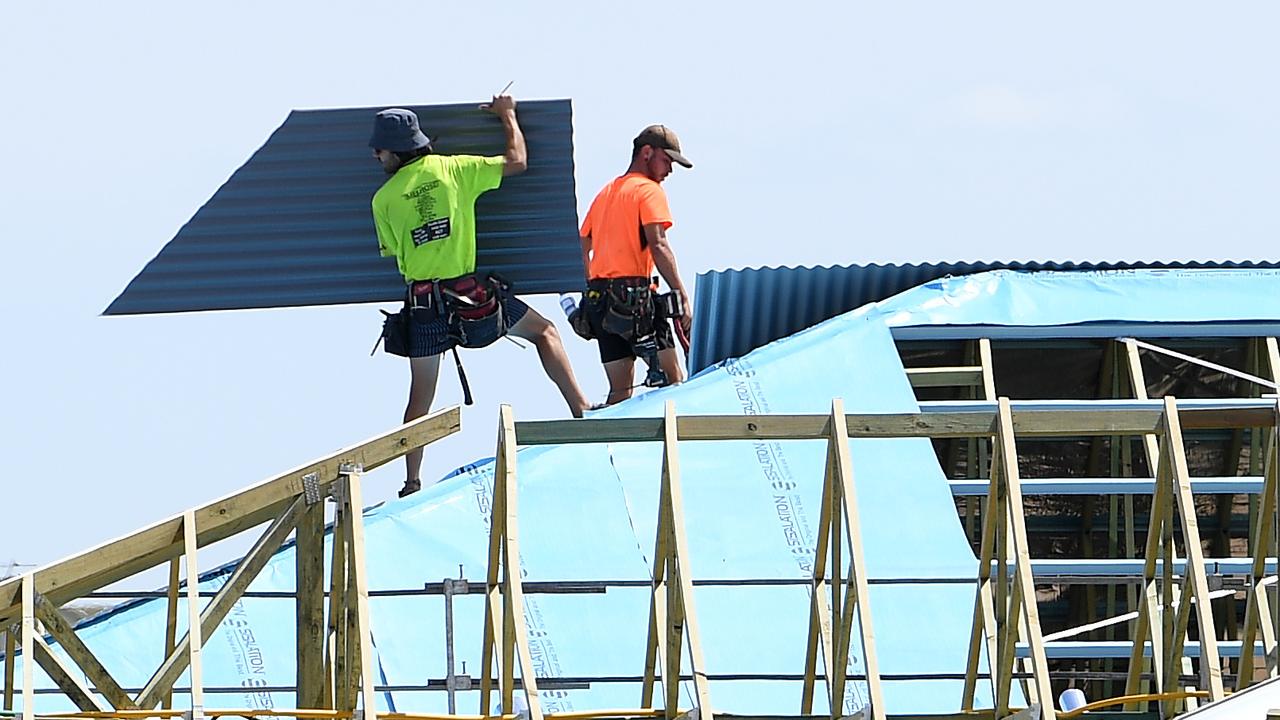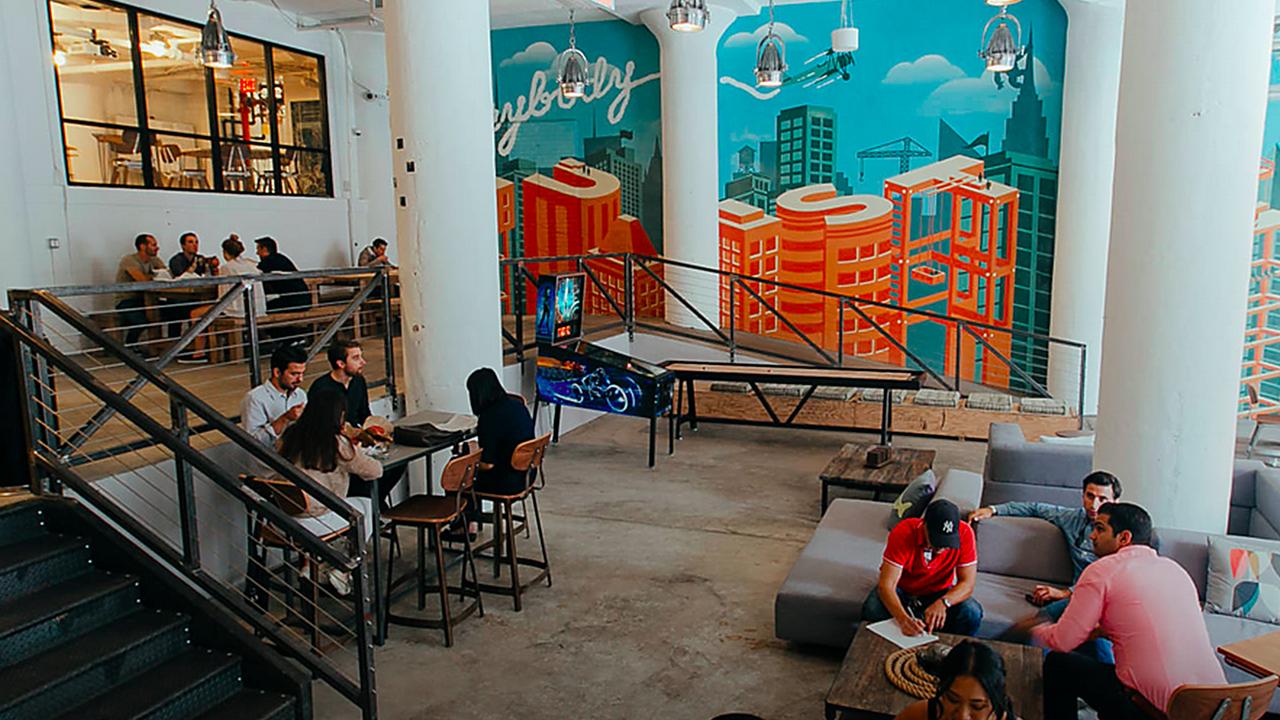Baby boomers postpone their date with death
WHEN the first wave of baby boomers was born they had a life expectancy of 69, which wasn't too bad considering their parents' life expectancy was 62.
WHEN the first wave of baby boomers was born in 1951 they had a life expectancy of 69, which wasn't too bad considering their parents born in the 1920s had a life expectancy of 62.
Within a single generation, life expectancy had stretched seven years -- although it has to be said that there is a real downside to increasing life expectancy: the extra years are always tacked on to the daggy end bit of the life cycle rather than inserted into the fun 20s decade.
Nevertheless, 1951-born baby boomers had a date with death the minute they were born and that date was 2020. They had to get all their living done within 60 years so they could leave the last nine or so for, you know, looking old, feeling old and generally being old.
But this arrangement of a date with death at 69 was never going to work for 1951-born baby boomers. They wanted more. Much more. Talk about Generation Y wanting it all.
Do you know what this Brazen Boomer generation did? They demanded, and got, more life. Such have been the improvements in lifestyle and medicine in the late 20th century that a 60-year-old today (who therefore was born in 1951) can now expect to live another 25 years. Just when this lot thought they had to settle down and act old, along comes some fancy-pants demographer who casually decrees that the finishing line has been pushed out from 69 to 85.
This means that Australia's 256,000 60-year-olds in 2011 will have to postpone the "getting old" bit for another 20 years. It's all a bit inconvenient if you ask me. What's a baby boomer to do if they can't act old like their parents in their 60s? I'll tell you -- they'll re-engineer the 60-something decade during the 2010s.
Many will stay in the workplace because they are so vital to the successful operation of the enterprise/department/institution for which they work. And then there's the minor issue of there not being enough savings in the kitty to deliver the lifestyle they've come to expect over a lifespan they didn't expect.
Others will re-partner. (What is actually needed is a socially legitimate platform upon which single 60-somethings can meet with a view to mutual companionship.) No point spending the next quarter of a century alone if you don't have to. Not that older people need a partner. In fact, many later-in-lifers seem to relish their singledom as long as they have family and friends.
The life expectancy of an Australian born in 2011 is 82, which is 13 years more than was the case in 1951. Every 30 years life expectancy in Australia has pushed out 6-7 years. But in addition to this trend as we move through the life cycle, our original life expectancy or use-by date is being pushed further out. No doubt this is all due to medical advances and our adoption of healthier lifestyles. In either case, many baby boomers have long retirements to look forward to and to fund.
I have looked up the projections for the Australian population in 2036, when today's 60-year-olds can expect to be 85. The Australian Bureau of Statistics is budgeting for there to be 158,000 85-year-olds then. This number would include some gains from migration (most probably from the family reunion program). But, by definition, if the average 60-year-old today is told they can expect to live another 25 years, there's a one-in-two chance they will make it since 85 is the median age at expected death. Although it's a bit more complicated: women have a much better chance of making it to life's later years than do men.
Even so, this raises some issues with regard to the provision of healthcare. After all, there are 68,000 85-year-olds in Australia now but by the time the horde of 1951-born babies get to this age there will be more than double this number. And it's not as if life at 85 is cheap and easy. It's an expensive lifestyle to maintain. There's in-home care provided by councils, meals on wheels provided by volunteers, and the need for assisted living facilities. And this is on top of a range of other niceties such as age pensions, pharmaceutical benefits and transportation perks.
I hope the tax base is ready for a hike. Or better still, I hope today's 60-year-olds have stashed away heaps of cash, investments, superannuation and other savings to carry them over life's later and, in many ways, most expensive years.
I suspect that today's cohort of 60-year-olds will not retire en masse as many might have planned to do over the past decade. The brutal reality for 1951-born baby boomers is that half of you will be dead by 2036. But the other half will continue to seep into the 2040s. It's really a question of how lucky you feel: if you feel lucky, you need to save; if you don't feel lucky then by all means blow the lot before 70.
It's a long time to be out of the workforce between 2011 and your final years as a 90-something in total care in a nursing home in the early 2040s. Everyone has enough money saved to cater for the early years of retirement; I suspect that very few will have enough saved to manage the demands in life's later years.
Never mind 1951-born baby boomers. When you turn 90 in 2041 and have drawn down on all savings and assets, I have no doubt that today's marvellously civic-minded Gen Y, then in their 50s, will happily chip in and pay more tax to help you out.
Although the problem for Gen Y and later generations will be that not only will 1951-born baby boomers need support at that time but so will all their mates born in 1952, 1953 and beyond.
Perhaps today's 60-year-olds might like to stay in the workforce a bit longer and focus on saving. And if you do, be especially nice to Generation Y.
Bernard Salt is a KPMG partner
bsalt@kpmg.com.au;
www.twitter.com/bernardsalt
Facebook/BernardSaltDemographer


